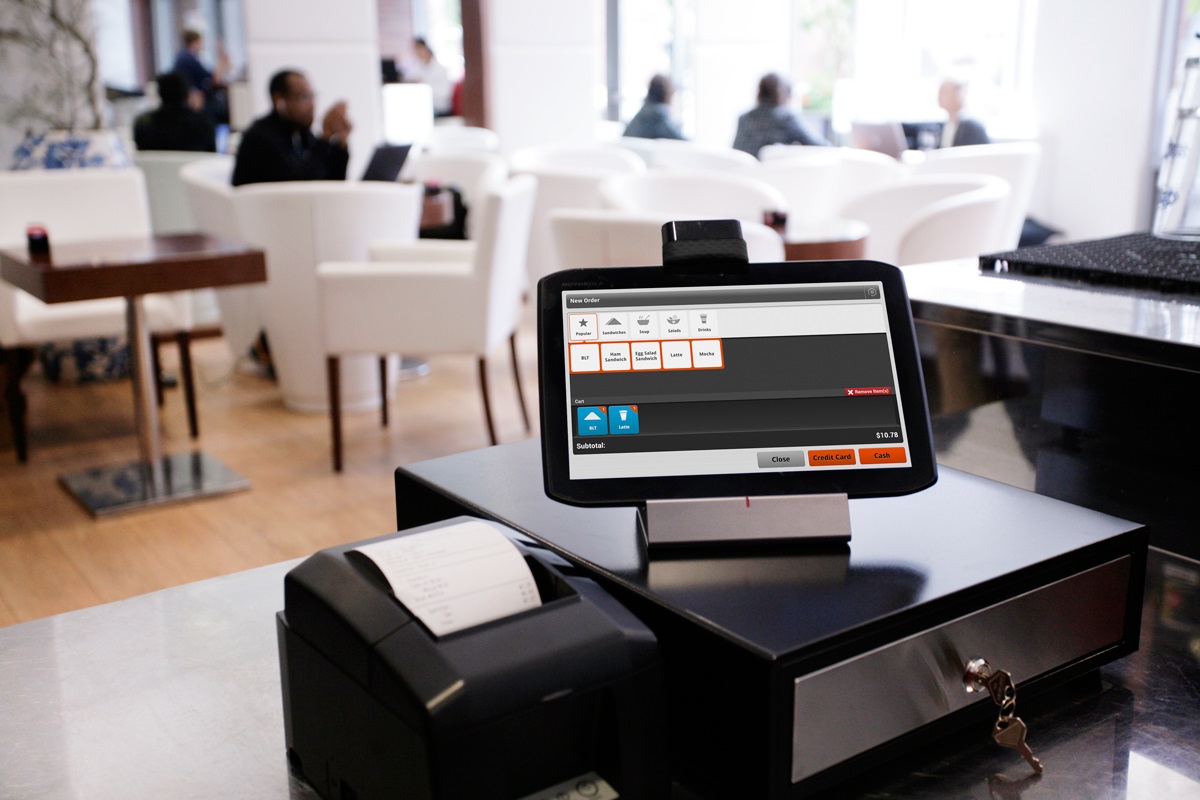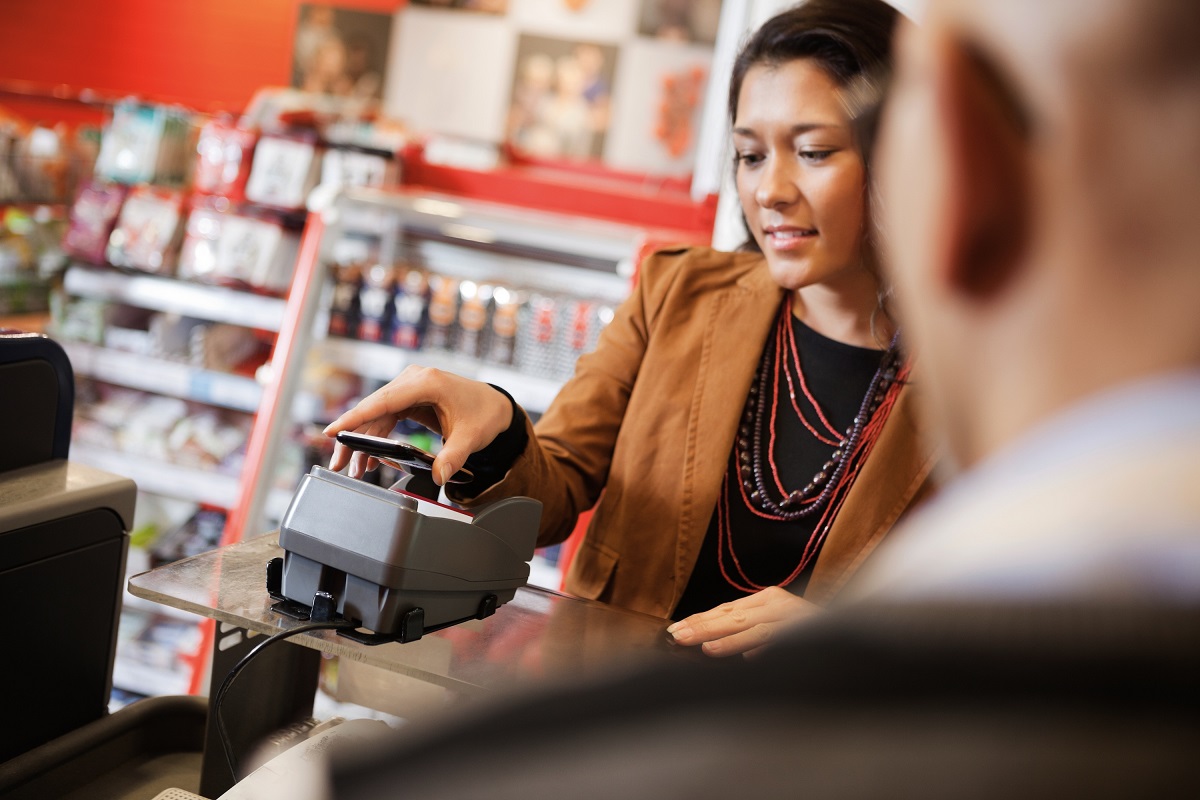

It might not seem like it on paper, but buying a point-of-sale system for your growing business is one of the most important decisions you will make as an entrepreneur. Nowadays, POS systems are more than just a register with a cash drawer. Indeed, modern point-of-sale software is sophisticated and multi-faceted, capable of providing the intelligence to simplify normally strenuous business tasks or serve your customers more effectively.
Of course, you can only expect to enjoy these sizable benefits if you do the homework necessary to find the perfect POS system. Specifically, you need to know to avoid these four common pitfalls.
1. Buying the first point-of-sale system, you find on Google
Don’t just do a Google search for “point-of-sale software” and buy the first program that shows up in the search. There’s a decent chance this POS platform is perfectly fine, but there’s also a chance that it doesn’t have the features your business needs—or, on the other end of the spectrum is too complicated for your simple uses. Be prepared to set aside a few hours or even a day or two researching different point-of-sale systems. To make it easier, make a list of the features you want. Do you just need a system where you can add up basic cash sales and keep track of inventory? Do you need a system where you can easily customize and add stock items? Does your POS need to be able to handle special rewards programs or membership programs? Asking yourself these questions now will help you to find the right POS later. Just be sure not to list too many features. Pick a dozen or so that you want or need, prioritize them, and find the POS that checks the most boxes.
2. Arranging a credit card processing agreement before you have a POS

If you are going to make retail sales, you need to have a merchant account provider or a company that can process credit and debit card sales for you. One of the major pitfalls of POS shopping is arranging an agreement with a merchant account provider before you settle on a point-of-sale system. Not all merchant account providers can or will work with every kind of POS software. Buying the POS system first and then finding a merchant account provider who supports that software is the way to go to avoid logistical nightmares or wasted money.
3. Buying your POS based on advice from someone not in your industry
Doing your own research on point-of-sale platforms is your best bet for finding what you need. Reading product descriptions, specification lists, or user manuals directly from the software companies will give you a largely objective view of what each POS has and what each one lacks. However, you might prefer more of a subjective viewpoint from people who have actually used the software. After all, you read product reviews for the personal computers and software that you buy; why wouldn’t you do the same when buying something for your business? Whether you are reading reviews online or getting advice from a fellow entrepreneur who has just recently cycled through the POS purchasing process, it’s definitely not a bad thing to seek out consumer opinions.
What you shouldn’t do is buy your POS completely based on someone else’s recommendation—particularly if that person isn’t in your industry. The benefits that point-of-sale platforms provide are often strongly specialized to suit specific industries like pharmacies, electronics retailers and bars. If you buy a POS blindly based on nothing but a glowing review or a confident recommendation from a fellow entrepreneur, you could end up with a system meant for an entirely different type of business.
4. Failing to train your staff (and yourself) how to use the POS

Finding and purchasing the right point-of-sale is only half the battle. The other half is learning how to use it and how to integrate it with your inventories and workflows. The last thing you want is to install your POS and open your store, only to learn that no one on your team has mastered all of the system’s features yet. Give yourself at least a week before your store opens to set up the system and run through mock sales to prepare your employees. A good point-of-sale program can only be great with the proper level of training, so make sure you focus on training as a priority.
The right point-of-sale system will make everything from inventory management to customer retention a breeze. By avoiding the four common shopping mistakes described above, you should be able to find a POS that is a perfect fit for your company.

I agree with all the points mentioned in this article. Buying an efficient POS software is the most important aspect as far as running a retail store is considered. Else, it might lead to a monetary loss, and also loss of trust of your customer in you. I feel the factors one needs to consider before buying a POS software are:
1. Whether the software consists of the features suitable to your type of business
2. Whether the company providing the software also gives adequate training to you on its operations
3. Whether the pricing of the software is good enough for the services it provides, and
4. Whether the software is scalable, i e, is it possible for you to integrate your physical store operations with an online store operations if you wish to do so in future, or add any more features in future.